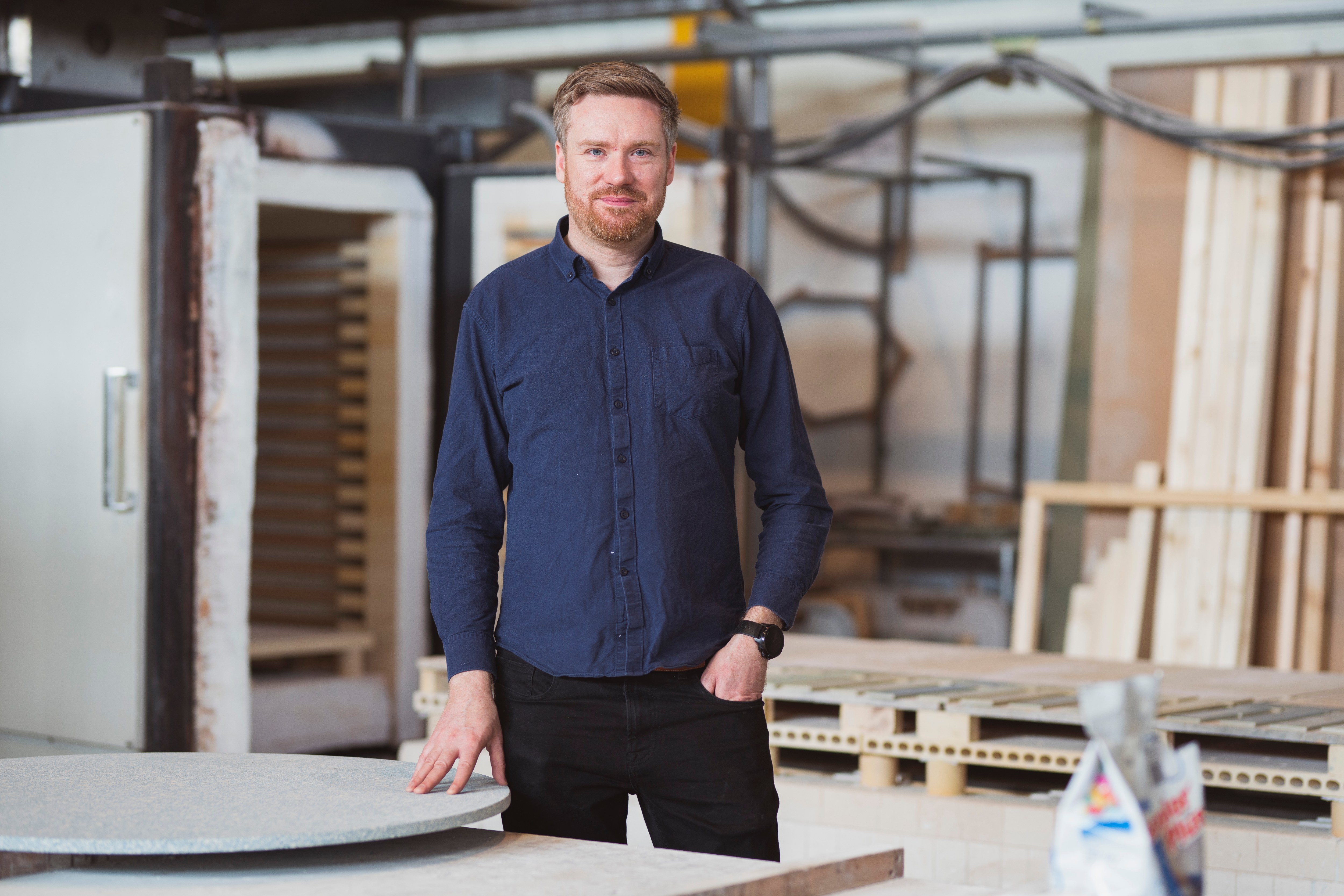Transforming University Innovations Into Scalable Businesses: Insight from Frontier IP
Envision a role that integrates venture capital, scientific research, investment, finance, and intellectual property management. This is the daily mission of the team at Frontier IP, a firm dedicated to guiding academics in the commercialization and scaling of their research initiatives.
Scale-ups are characterized as companies achieving an average annual growth rate of over 20 percent over three years, highlighting their significance in driving economic advancement. However, these firms frequently encounter hurdles like limited access to funding, a shortage of skilled professionals, and challenges in presenting a compelling investment proposition.
Frontier IP, listed on AIM, aims to address the obstacles faced by university spin-outs by bridging the gap between innovative technologies and financial markets, alongside industrial collaborators. They leverage their expertise and time rather than capital to achieve this.
Neil Crabb, the founder and group CEO, asserts that the UK is in an advantageous position to forge these critical links. “The UK boasts leading-edge technology, with four universities ranked among the top ten globally, and has robust financial markets. Our focus is to connect these elements while engaging industry partners to unlock their potential,” he stated.
Within Frontier IP’s £33 million investment portfolio, there are 18 scale-ups at various developmental stages, organized into clusters according to their underlying technologies and necessary industrial processes to facilitate growth. Similar methodologies can often serve multiple sectors; for example, understanding powder handling is crucial for both food ingredient companies and tile manufacturers.
The six technology clusters include artificial intelligence, advanced materials, healthcare enablers, agritech and food production, energy solutions, and water management. Notably, companies may be part of several categories. For instance, Fieldwork Robotics operates within the food and agritech cluster, utilizing robots to harvest soft fruits, while also belonging to the AI cluster due to its reliance on sophisticated machine-learning techniques to discern ripe raspberries.
Crabb, who holds an Oxford education and co-founded Sigma Capital Group, emphasizes the importance of seeking technologies that are globally relevant and align with his team’s expertise and knowledge domains. Furthermore, he highlights the necessity for these technologies to be both cost-effective and scalable.

He notes that while academics excel at creating singular or small-batch products, “industry demands scalable solutions for efficiency, particularly those that integrate with existing manufacturing processes.”
Understanding the supply chain is equally important when it comes to bringing a new product to market. “You need to fully grasp the end-customer’s requirements as it influences your potential partners,” Crabb explained.
Establishing effective management teams is vital, as most academics focus on their technologies without business building experience. As Crabb pointed out, assembling the right management team necessitates a clear understanding of the product’s market fit to attract suitable talent.
This strategy was successfully implemented at Pulsiv, a company within Frontier IP’s portfolio that is pioneering highly efficient power conversion technology. Unlike typical technologies that convert around 50 percent of consumed energy, Pulsiv can achieve over 90 percent conversion efficiency. Their inaugural product features a reference design for an exceptionally energy-efficient 64W USB-C charger.
With Frontier IP’s guidance, Pulsiv secured notable leadership talent, including former Arm executive Darrel Kingham as CEO and ex-SharkNinja CTO Tim Moore as chief product officer.
Crabb elaborated on Frontier IP’s mission: “We validate technologies, cultivate industry partnerships, and comprehend the market landscape, enabling us to recruit the right management teams to enhance a company’s prospects for success.”
When selecting candidate companies, functionality and cost-effectiveness take precedence over being environmentally friendly. Crabb remarked, “Our goal is to identify technologies that address significant global needs at a competitive cost, and although sustainability is important, it ranks third after function and cost. That said, more efficient technologies tend to be environmentally friendly as well.”
Frontier IP typically takes long-term stakes in the firms they develop, which they may hold for a decade or even longer. They outline two primary exit strategies: an IPO or a trade sale.
One of their most notable successes has been Exscientia, which focuses on AI-driven drug discovery. Frontier IP co-founded Exscientia when it was established in 2012, and the company made its public debut on the Nasdaq Global Select Market in October 2021, with a staggering valuation of $2.9 billion. Overall, Frontier IP generated £14 million from the sale of Exscientia shares, which had originally cost less than £2,000.
Among promising companies in its portfolio is Cambridge Raman Imaging, known for its high-speed lasers and advanced AI technologies that generate and analyze intricate digital images in nearly real-time. Their initial focus is on medical applications for diagnosing and monitoring tumors and other diseases at the cellular level.
Despite a challenging financial year due to tighter credit conditions, resulting in a reported loss of £1.3 million for 2024, Frontier IP has remained committed to supporting Cambridge Raman Imaging. They currently hold a 26.8 percent stake and have set up a loan facility to promote growth following the impending commercial launch.
In its annual report, Frontier emphasizes that when market conditions are tough, their innovative business model’s fundamental principles emerge, with a focus on quality over quantity.
Scaling Up Success: A Case Study from Frontier
Alusid specializes in producing high-quality tiles, tabletops, and surfaces from sustainable materials derived from recycled industrial waste, significantly reducing their carbon footprint compared to conventional tiles.
Frontier IP holds a 35 percent stake in Alusid, which has successfully refined its processes to scale up production.
The company’s tiles are mass-produced by subcontractors utilizing industry-standard machinery, and they count Topps Tiles among their clients while exploring international market opportunities, particularly in Europe.

CEO Dr. Alasdair Bremner, a previous academic from the University of Central Lancashire, remarked: “The support from Frontier IP has been crucial—right from the beginning, they aided us through the challenging transition from the academic setting to the commercial landscape. They assisted us in securing funding and establishing partnerships with major firms, including Topps Tiles.
“They have played a vital role in helping us commercialize our technology internationally while maintaining low overhead costs, including structuring deals, refining pitches, and identifying appropriate markets and developing robust business plans.
“They also offer excellent collaboration during challenging times or schedule delays, and we take pride in being part of their innovative materials network.
Alusid recently secured £1.13 million in funding with backing from Octopus Investments and is considering an IPO, making it a candidate for the next exit from Frontier IP’s portfolio.
Recently, Alusid signed its initial international distribution agreement with Front Materials, a leader in sustainable building solutions in the Netherlands.
Front Materials will have exclusive distribution rights for Alusid’s wall and floor tile products in the Netherlands, and they will have the option to distribute to other European countries and the U.S. on a non-exclusive basis.
Bremner stated, “This agreement represents an exciting milestone in our international growth strategy.”




Post Comment